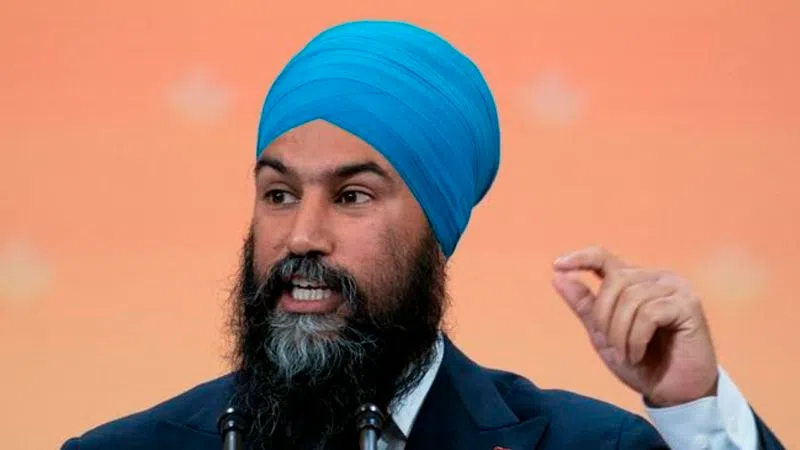
NDP looking to turn Jagmeet Singh’s positive reviews into momentum — and votes
OTTAWA — As the federal party leaders prepare for their final debate and the last week of the election campaign, many eyes are on NDP Leader Jagmeet Singh, whose strong performances have many pundits and voters declaring him an unexpected winner.
Singh has gained wide applause for the way he has handled other thorny moments, including his response to Justin Trudeau’s blackface photos and his encounter with a man in Quebec who confronted him with a suggestion to cut his turban off to “look like a Canadian.” Singh politely said Canadians “look like all sorts of people” — an exchange that went viral.
He also lit up social media this week after international music stars Rihanna and Drake followed him on Twitter, and when he revealed he’d exchanged private messages with Rihanna.
But can these positive moments help Singh and the NDP gain momentum that will translate into actual votes?
